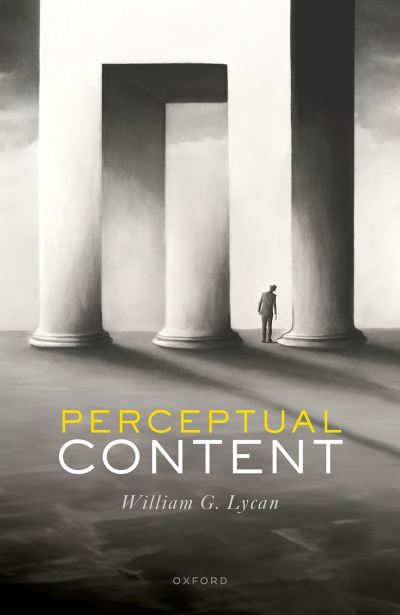
Perceptual Content is the first book to discuss and compare the representational characters of all the traditional "five senses". It has three main topics or concerns. (1) The diversity of the senses: though Lycan maintains as a working assumption that all perception represents, the similarity between sense modalities ends there. The senses' respective representational modes, styles and structures -- not just their mechanisms -- differ very strongly from each other. (2) The Layering thesis: Lycan argues that a single sensory representation usually has more than one content, the contents systematically related to each other by a priority or dependence relation. More specifically, a perceptual state may represent one object or property by representing a more primitive or less ambitious one; he calls this the "layering" of content. For example, by hearing a sound sequence involving such-and-such volumes and timbres, you hear a voice speaking, and by hearing the voice, you hear words in a language. In some modalities layering works unexpectedly: nearly all tactile representation derives from representation of conditions of or in the subject's own skin, meaning that touch represents, e.g., the texture of a physical object by, and only by, representing stress within the skin; and even among the skin conditions, some are represented only by representing more primitive ones. (3) Aspect perception: despite Wittgenstein's famous discussion of "seeing as" in a late section of Philosophical Investigations, little has been written on perceiving-as. Besides its intrinsic interest -- even popular appeal, what with joke ambiguous figures such as the duck-rabbit and the old/young woman -- it remains especially mysterious. Nearly all work on it has concerned vision only. But it is crucial for understanding auditory representation, which is one thing that distinguishes hearing from the other senses. Further, the auditory case severely damages what Lycan and others had thought was the best approach to understanding aspect perception, in terms of attention.
| ISBN: | 9780192871817 |
| Publication date: | 28th March 2024 |
| Author: | William G Lycan |
| Publisher: | Oxford University Press an imprint of OUP OXFORD |
| Format: | Hardback |
| Pagination: | 176 pages |
| Genres: |
Philosophy: epistemology and theory of knowledge Philosophy of mind Cognition and cognitive psychology |